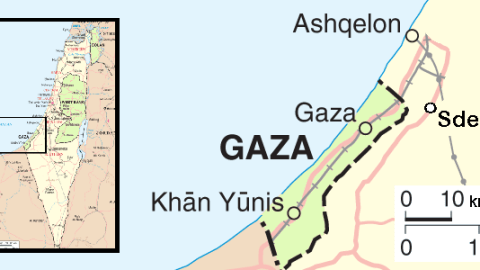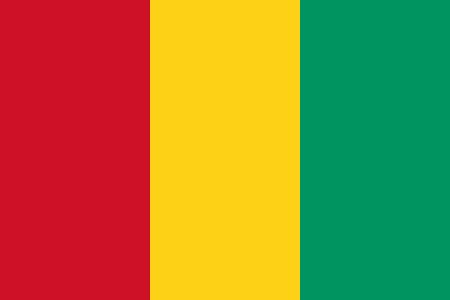What Does Growing Up in Gaza Mean for Peace?

Knowing full well that I tee myself up for easy, Whitney-Houston-themed ridicule, I’m here to say that the children are our future, and that childhood in the Gaza Strip — a radicalized, blinkered, deprived existence, according to Lawrence Wright’s humane report for The New Yorker — bodes very badly for the future of peace.
Wright, for instance, catches readers up on the story line of a notorious children’s show originating in Gaza and “featuring a Mickey Mouse-like figure who was stabbed to death by an Israeli interrogator. The mouse was replaced by a talking bee, who died after being unable to cross into Egypt for medical treatment. The rabbit who followed the bee passed away in January, after being struck by shrapnel from an Israeli attack.”
But, as Wright notes, kids can turn off the TV and get away to the beach: “on Fridays, after noon prayers, the shore is massed with families. Unlike the topaz waters off Tel Aviv, here the sea is murky, a consequence of twenty million gallons of raw and partially treated sewage that is dumped offshore every day. The main water-treatment plant is broken, and because of the blockade the spare parts that would fix it are unavailable. Fishermen with nets wade into the surf as kids romp in the stinking waves.”
On the upside, paper is now allowed into Gaza. Wright quotes a U.N. official who complained that for the previous two school years “Israeli officials have withheld paper for textbooks because, hypothetically, the paper might be hijacked by Hamas to print seditious materials.”
Wright reports from “a mosque where about forty teen-age boys were attending a day camp devoted to memorizing the Koran. The Islamic holy book contains more than six thousand verses—it’s about the same length as the New Testament—and this summer twenty thousand boys and girls had undertaken the challenge, in camps across the Strip.”
Now, I spent large swaths of my own adolescence memorizing dialogue from Fletch. So I’m in no position to cast stones. But I do find myself wondering if the future of peace and reconciliation would be brighter if, rather than memorizing the entire Koran, these kids would absorb the Koran’s lessons and then move on to texts that would help them see the world from other perspectives.
Their own perspective is shockingly blinkered. Wright quotes an economist named Omar Shaban on this point: “two-thirds of Gaza youth under thirty have never been outside the Strip. How can they psychologically think of peace? You can fight someone you don’t know, but you can’t make peace with him.”
Wright’s piece is about much more than kids. It runs more than 11,000 words and deals extensively with the trauma Palestinian commandos have managed to inflict on Israel by capturing and holding a young Israeli soldier named Gilad Shalit. Wright also spoke about his piece for the consistently excellent “New Yorker Out Loud” podcast.





